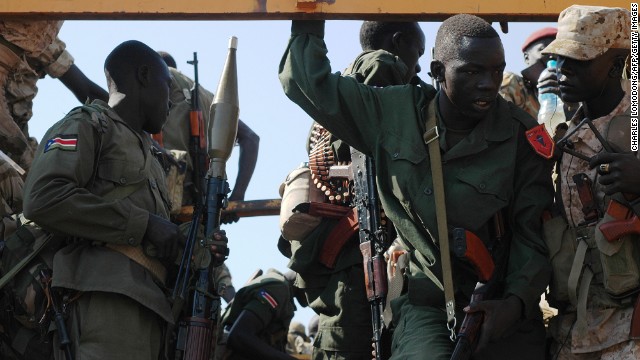
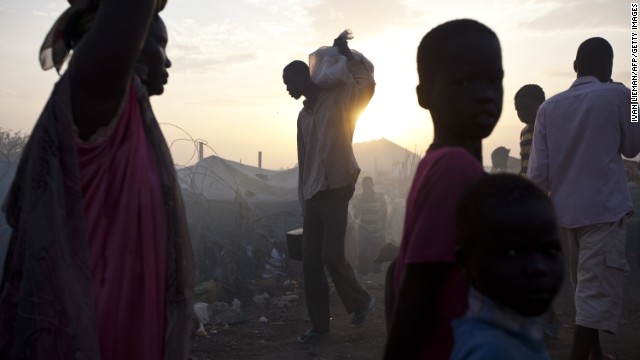
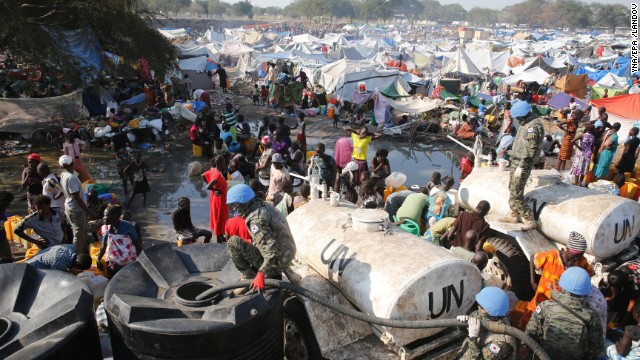
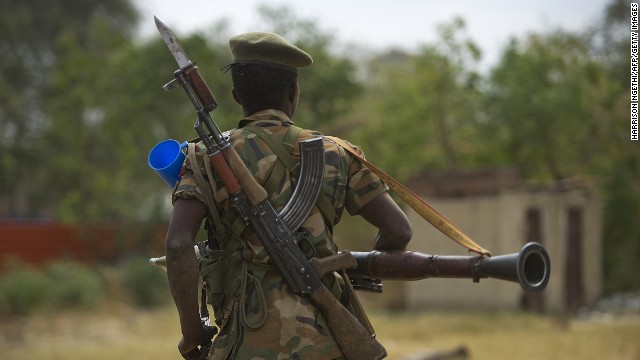
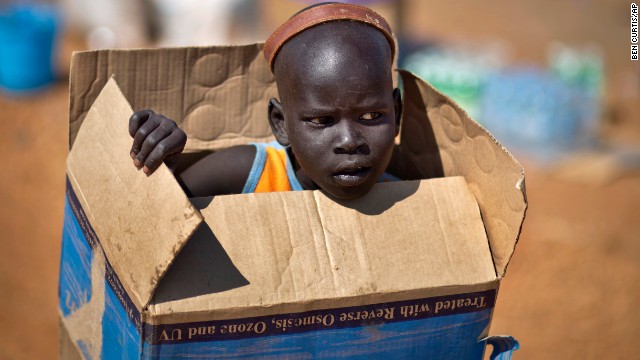
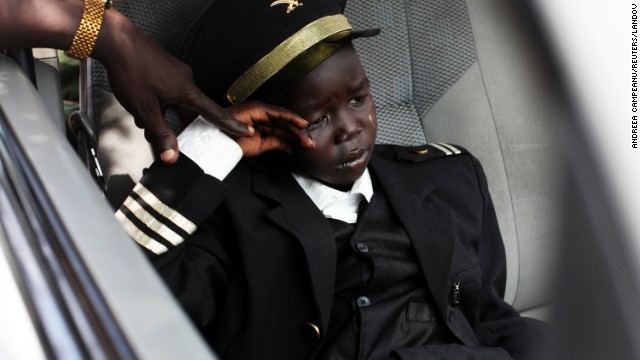
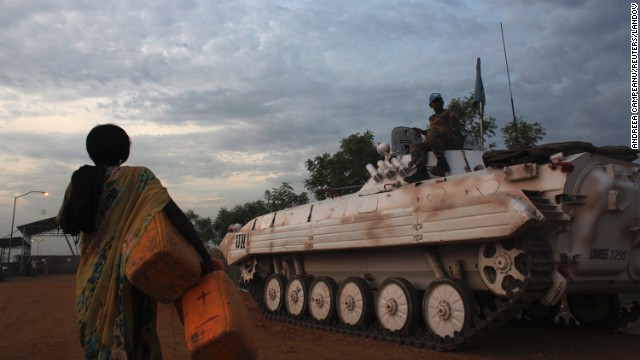
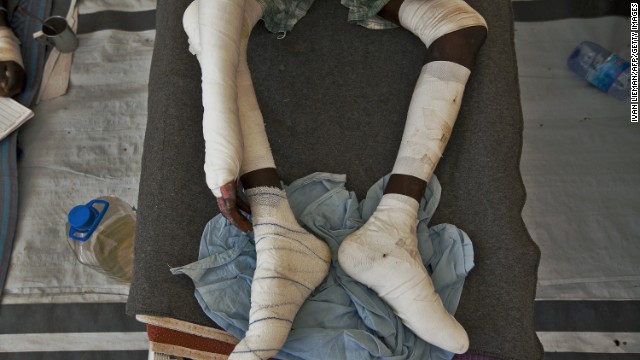
(CNN) -- South Sudanese rebels seized a strategic oil town last week, separating terrified residents by ethnicity before killing hundreds, the United Nations said.
Residents sought shelter in churches, mosques and hospitals when the rebels raided Bentiu town, the world body said in a statement.
"We believe that at least 400 people were killed in Bentiu in the past week," said Toby Lanzer, the top United Nations official in South Sudan.
In one mosque alone, more than 200 civilians were reportedly killed and 400 others wounded, according to the United Nations.
Before the attacks, some rebel commanders broadcast messages on local radio warning certain groups to leave town.
"Others broadcast hate messages declaring that certain ethnic groups should not stay in Bentiu and even calling on men from one community to commit vengeful sexual violence against women from another community," the U.N. Mission in South Sudan said.
At one hospital, Nuer men, women and children who refused to cheer the rebels were killed, according to the United Nations.
People from other South Sudanese communities and the Darfuris, who hail from the war-ravaged Sudan region of Darfur, were also targeted and killed, the U.N. said.
Most of the atrocities occurred on April 15 and 16.
In the United States, the Obama administration said it was "horrified" by reports of hundreds massacred.
"Images and accounts of the attacks shock the conscience: stacks of bodies found dead inside a mosque, patients murdered at a hospital, and dozens more shot and killed in the streets and at a church -- apparently due to their ethnicity and nationality -- while hate speech was broadcast on local radio," the White House said in a statement.
"This is exactly the violence and suffering the South Sudanese people fought for decades to escape."
Two rivals, a lot of violence
The Nuer community backs rebel leader Riek Machar while his rival, President Salva Kiir, is a Dinka.
The two leaders have been embroiled in a power struggle since December, with the President accusing Machar of trying to oust him through a coup.
Since the attempted coup last year, militia loyal to both have battled each others' forces. Violence has quickly spread, with reports of mass killings emerging nationwide.
""The very future of South Sudan is at stake in this conflict and the greatest death toll of this crisis may not come from the killings, but from hunger and disease among the 3.7 million people at severe risk of food insecurity," Lanzer said.
The White House called for both Machar and Kiir to denounce attacks on civilians.
Grenades, mass killings
Armed militants attacked a U.N. peacekeepers' base sheltering civilians last week, killing at least 48 people and injuring dozens.
They used rocket-propelled grenades to breach the compound where peacekeepers had been hosting and protecting nearly 5,000 civilians in Bor.
South Sudan seceded from Sudan in 2011 after decades of war. But numerous armed groups have remained active in the oil-rich country.
More than one million people have been forced from their homes amid the violence, Lanzer said.
READ: 48 killed in attack on peacekeepers' base in South Sudan, U.N. says.
No comments:
Post a Comment